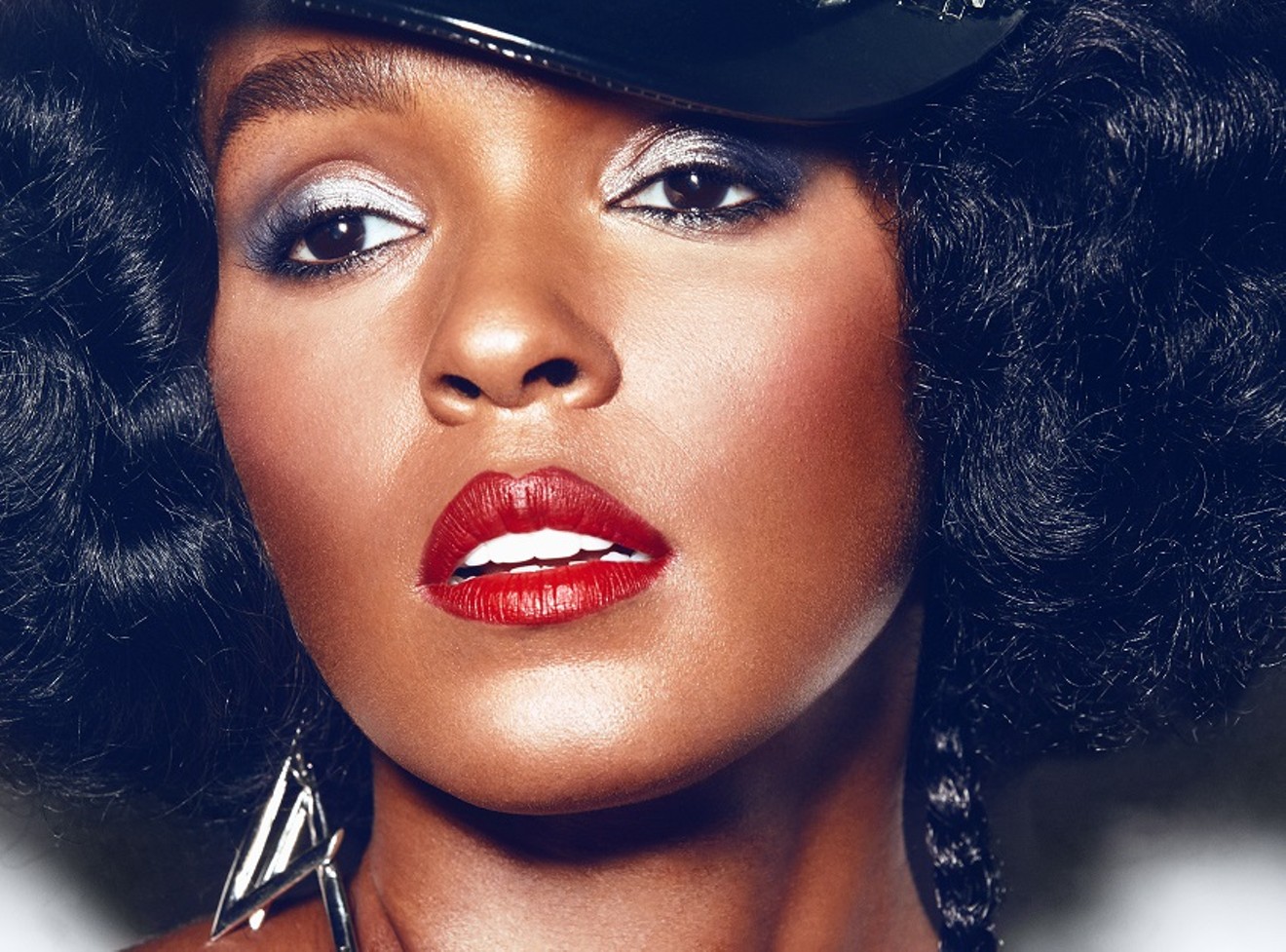As these music icons had done for decades during less politically agreeable eras, she intimated the visual vernacular I'd intuitively understood from a young age.
Yet despite an instant recognition that Monáe spoke my language, that she was somehow familiar, she was also mysterious in the same way her mentor Prince had famously been throughout his career. Asked about her personal or dating life, she'd answer she was interested in dating only androids — a reference to the Other in society, filtered through the lens of a young black woman who'd grown up obsessed with the sci-fi narratives of Philip K. Dick and Fritz Lang.
But there was one matter she always addressed in a straightforward way. Her suits were more than simply references to the androgynous or queer artists who had inspired her. Accepting an award at BET's Black Girls Rock! awards ceremony in 2012, Monáe explained that her suits were tributes to her working-class, Kansas City roots. "When I started my musical career," she said, "I was a maid; I used to clean houses. My parents — my mother was a proud janitor; my stepfather, who raised me like his very own [daughter], worked at the post office; and my father was a trash man — they all wore uniforms. And that’s why I stand here today in my black and white and I wear my uniform to honor them."
It's a theme on which she's expanded on her latest album, Dirty Computer, an opus dedicated to communities on the margins of society: racial minorities, queer people, and poor and working-class folks. The album single "Django Jane," a muscular, feminist ode to Black Girl Magic, references her humble beginnings: "Momma was a G, she was cleanin' hotels/Poppa was a driver, I was workin' retail." In the same
That an artist would pay tribute to her working-class roots should not be so shocking to the senses. After all, society envisions art to be a great equalizer, where artists come from all walks of life and economic classes, whether they become household names or play the local circuit. But more often than not, artists in the mainstream consciousness play to an aspirational kind of wealth — one of new money, of brand-name fashion, and devoid of the fears of living paycheck-to-paycheck or putting dreams and life goals on hold in favor of basic survival. When an artist such as Janelle Monáe raps,"'Cause my mom couldn't afford new J's/Polos, thrift store, thrift clothes/That was all I knew," the young girl in me, who wore hand-me-downs from my mother's bosses' kids and could rattle off which items in my closet were store-bought, stands as tall as Monáe's pompadour.
Dirty Computer was written with young, queer, black women in mind. It's a gift from Monáe to a community within a culture that takes and takes from black women but has only recently shown interest in crediting the community with mainstream reflections in television, music, and in the halls of revered museums and gallery spaces. The album wasn't made specifically for a young, queer, Cuban-Salvadoran woman such as myself, but Monáe has always created art for the Other in modern American society. When I listen to "So Afraid," the album's penultimate track, I know that Dirty Computer is, at its core, about letting go of the fear of being marginalized, Othered, or made to feel unrelatable in unfamiliar settings. Instead, it's about celebrating these intersecting identities and dancing through the affirmation that I, too, in my queerness and working-class tradition, am a dirty computer.
Janelle Monáe. 7:30 p.m. Friday, July 27, at the Fillmore Miami Beach, 1700 Washington Ave., Miami Beach; fillmoremb.com. Tickets cost $45 to $75 via livenation.com.












